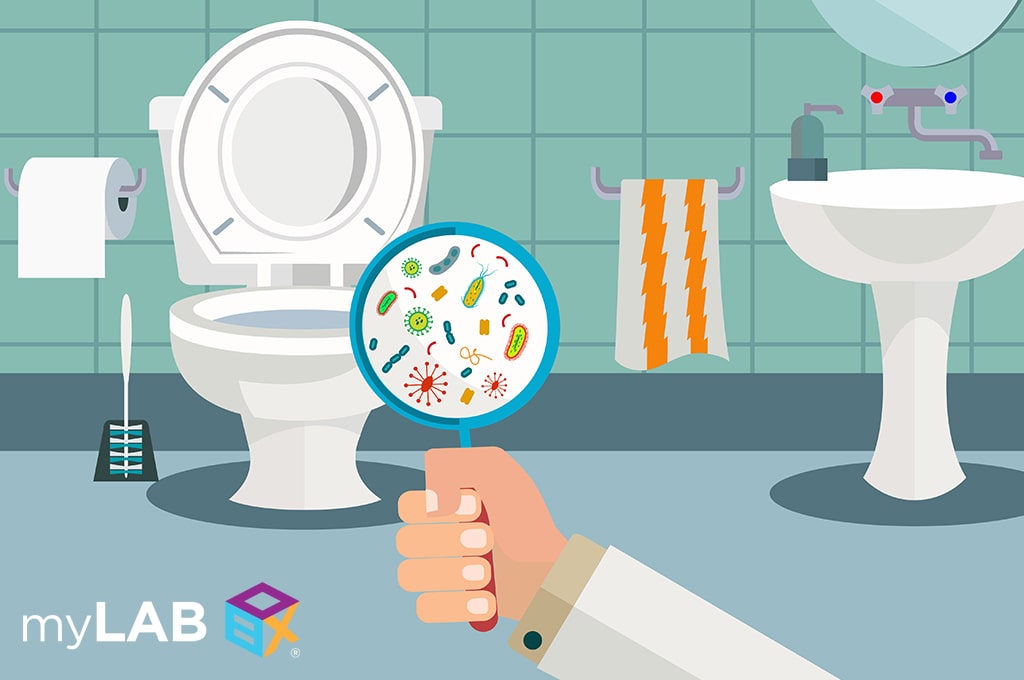Can you get chlamydia from a toilet seat.
Can u get chlamydia from toilet seats.
As we earlier discussed in our last article chlamydia is a sexually transmitted disease.
You d basically have to try to get an sti from a toilet by rubbing an open wound or mucous membrane all over fluids left there by someone who had used the toilet only seconds before.
However you can t get chlamydia by sharing the same bathroom or toilet seats with someone who s infected.
A toilet seat doesn t offer an environment for stds to thrive so it can t live there for more than 10 seconds they much prefer the environment that warm human tissue and fluids create not that.
1 the playground for organisms.
Chlamydia is an organism that has very specific requirements that allow it to exist in the cervix urethra and fallopian tube.
The bacteria can t live for long outside of the body and it s pretty unlikely that a person could come into contact with someone else s body fluids even in the bathroom.
Many people consider toilet seats to be public enemy no.
Chlamydia std is caused by a bacterium called chlamydia trachomatis.
You can t get chlamydia from a toilet seat because it is highly unlikely that you will be coming into contact with someone s sexual fluids on the toilet seat.
You can get this disease from peter or from jennifer but that does not mean that you can get it from a toilet seat.
All the toilet hoverers out there will be happy to know that you can now sit in peace you re not going to get chlamydia from a toilet seat.
It also can also infect the cornea of the eye because of these specific requirements chlamydia cannot live outside the body such as on toilet seats bath towels or bed linens.
The numbers reported in the year 2017 is more than 1 7 million chlamydia cases though many more cases go unreported and undiagnosed.
Or any sti for that matter.
If there was a droplet of body fluid containing chlamydia and this were left on a towel or toilet seat then it is conceivable that if it were not there too long did not dry out then.
Chlamydia is one of the most common sexually transmitted diseases reported in the u s.
Chlamydia is a tiny parasitic bacterium that requires the biochemical mechanisms of a living cell to reproduce.
However chlamydia isn t spread by toilet seats bed linens kissing doorknobs hot tubs swimming pools silverware or clothes.
No doubt about it there could be a witch s brew of germs wherever you turn in public restrooms.
Periodically the answer is a capital no.

